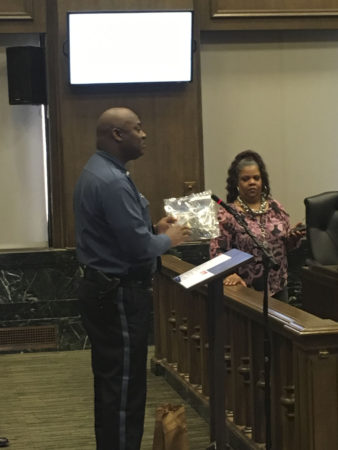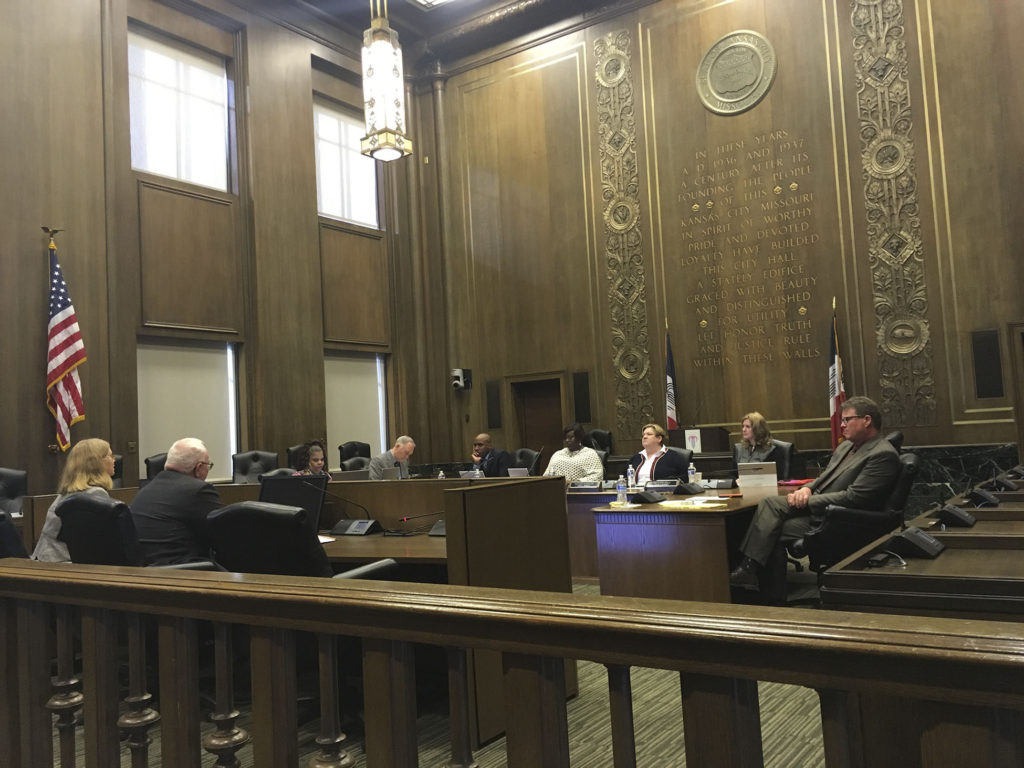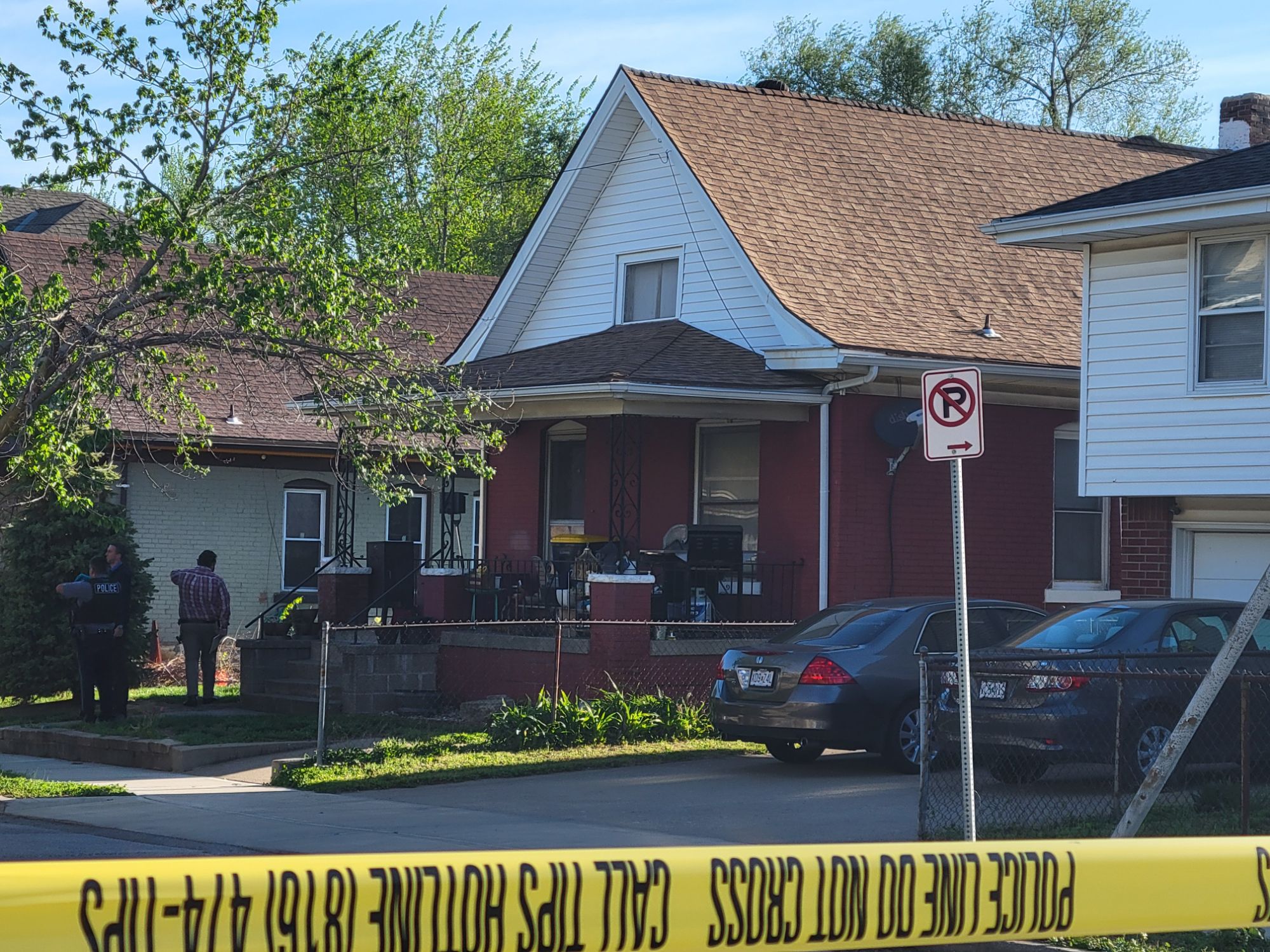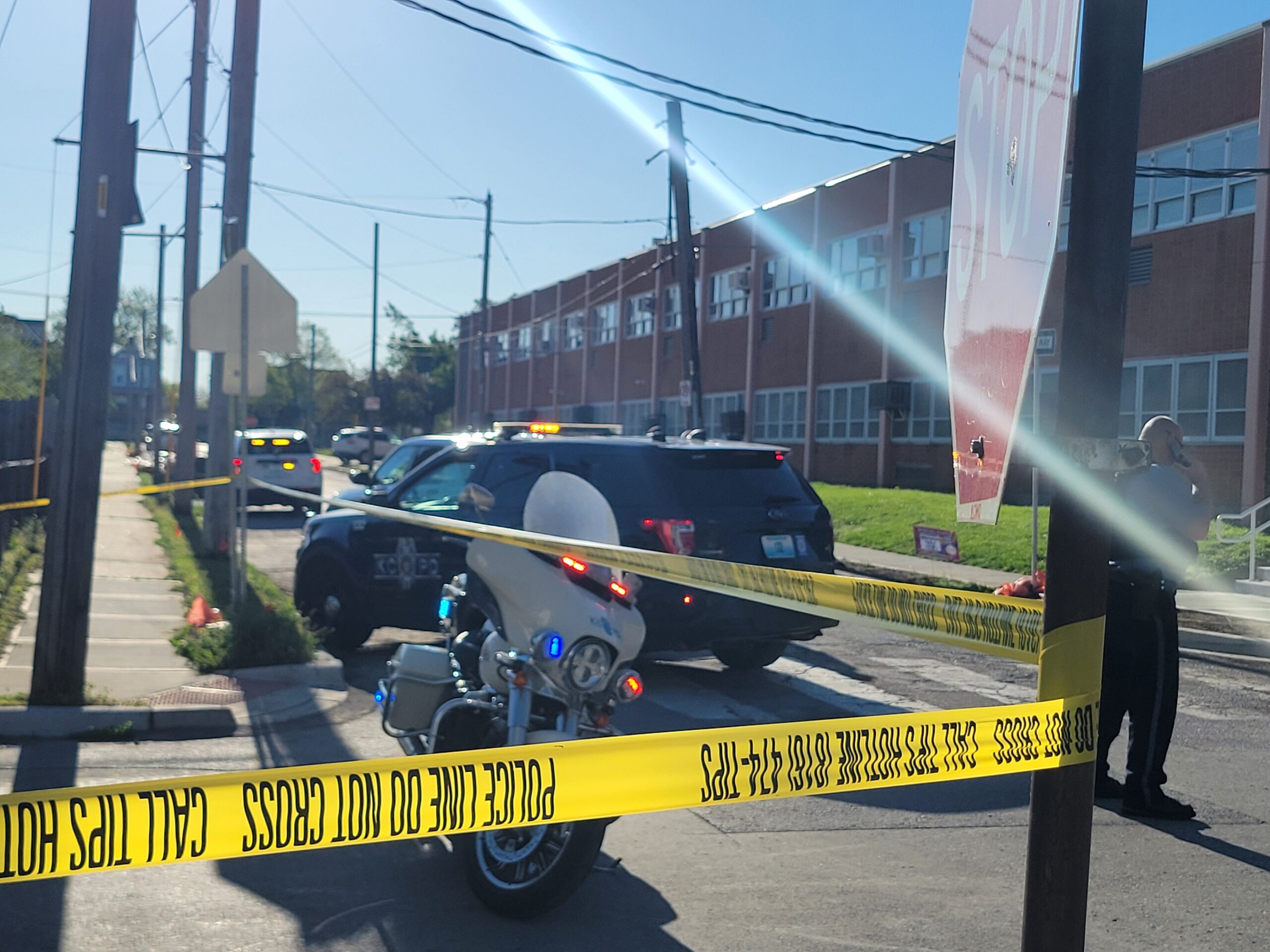Northeast News
January 11, 2017
KANSAS CITY, Missouri – Marijuana has been much-discussed of late in the State of Missouri, but there’s still no assurances that the talk will lead to legislative action.
Beginning in 2017, changes in the state’s criminal laws took effect that eliminate the possibility of jail time on a first offense for the possession of less than 10 grams of marijuana. The revisions to Missouri’s marijuana laws were passed by the General Assembly in 2014. Now, new legislation proposed in both the State Senate and the City of Kansas City, Missouri aim to take the deregulation of marijuana even further.
On Wednesday, January 11, the KCMO City Council’s Neighborhoods and Public Safety Committee discussed an ordinance that would officially place the issue of marijuana decriminalization on an upcoming citywide election ballot. The legislation is the result of an initiative petition which received 2,128 valid signatures, 420 more than the 1,708 signatures required by the City Charter for such a petition to reach the ballot.
The ordinance language as currently constructed would establish a maximum $25 fine for the possession of 35 grams or less of marijuana. The ordinance would also take away the prohibition against marijuana paraphernalia and eliminate the possibility of jail time for the possession of the drug.
For the Jan. 11 discussion, the Council heard testimony from KCPD Deputy Chief Karl Oakman – head of the department’s Administration Bureau – and representatives from the Kansas City branch of the National Organization for the Reform of Marijuana Laws (NORML KC). Oakman testified first, beginning his testimony by displaying a 35.17 gram bag of marijuana that had been confiscated by KCPD. He added that the street value of the bag would be roughly $525, and estimated that the department has roughly 10,000 pounds of marijuana in its possession.

Oakman further noted that in his discussions regarding the decriminalization ordinance with members of the KCPD investigation unit, the biggest concern he heard was that the elimination of jail time for possession of marijuana could make it more difficult for officers to gather information about more serious offenses. He added that officers often decline to prosecute marijuana crimes in exchange for information that leads to more substantial arrests.
“I know that’s one fear that our investigative unit had, was taking away that tool,” said Oakman.
Jamie Kacz, Executive Director of NORML KC, testified that the proposed legislation is something that Kansas City citizens want. She also said that stringent marijuana penalties affect members of the community who can least afford to fend off the consequences.
“Lower class and minorities are the ones who are affected the most by these harsh laws,” said Kacz.
Kacz added that when proponents began crafting the initiative petition language back in November of 2015, they felt it was important to lower the fine for the possession of marijuana. Currently, the maximum fine for possession of less than 10 grams of marijuana in the state of Missouri is $500.
“A lot of times in places that decriminalize, if they have fees or fines that are higher, people are not able to pay that and they end up in jail anyways,” said Kacz. “This will prevent that.”
Public testimony followed that of Oakman and Kacz, with citizens coming down on both sides of the issue. Ultimately, committee chair Alissia Canady tabled the discussion until next week, when she hoped representatives from the health department and the city’s youth drug court could be called to testify. The Neighborhoods and Public Safety committee will meet at 10:00 a.m. on Wednesday, January 18 to further discuss the issue.
Though no final decisions were made by the committee, 4th District Councilwoman Katheryn Shields did state her support for decriminalization, saying that she’d like to see Missouri adopt marijuana legislation similar to what’s been passed in Colorado and Oregon.
“I applaud the idea of trying to decriminalize the use of drugs,” said Shields.
As the debate continues at City Hall, Missouri 7th District State Senator Jason Holsman has filed medical marijuana legislation in the form Senate Bill 56. The bill would impose a 4% retail sales tax on sales of medical marijuana that would pay for expenses related to the proposed marijuana program. According to SB56, any excess proceeds would then be directed to the Missouri Veterans Commission for health and care services, a commission created specifically for Missouri’s military veterans as part of the medical marijuana program.
SB 56 would prohibit any penalties for organizations operating within the program parameters, but would maintain penalties for violations of current marijuana laws that aren’t included under the umbrella of the medical marijuana program laid out in SB56. If passed, the legislation would take effect on August 28, 2017.
While Holsman doesn’t know exactly how much tax revenue could be created by SB56, he expressed his belief that the benefits would be more substantial if Missouri adopts medical marijuana legislation sooner, rather than later.
“Any time you can get on the front side of an emerging industry, you’re rate of return is going to be better for whoever invests,” said Holsman.
Holsman, who first introduced medical marijuana legislation in the Missouri Legislature back in 2009, said that while he’s unsure whether his legislation will successfully navigate the Republican-controlled Senate, he has noticed that serious conversations regarding marijuana have been easier to conduct over the years.
“I’m encouraged by the fact that a lot of the stigmas and the stereotypes have been melting away from the policy issue,” said Holsman.
Though he’s currently in the middle of a legislative session in Jefferson City, Holsman said that he’s been keeping tabs on Kansas City’s initiative petition in support of marijuana legislation, and that he supports the measure.
“It won’t help with the economic development side of the industry, but it will help with the criminal justice side, and it’s a step in the right direction,” Holsman said. “I’m hopeful that they pass it.”
Holsman also echoed the sentiments expressed by Kacz regarding the will of Kansas City citizens on the marijuana issue, saying that statistically significant surveys of his district have shown overwhelming support for marijuana deregulation.
“In 2013 I surveyed my district, and 85% were in favor of medical marijuana and 62% were in favor of recreational,” said Holsman.
John Payne, the Executive Director of medical marijuana proponent New Approach Missouri, experienced a similar swell of citizen support last year as he and the organization worked to collect the 168,000 signatures needed to get medical marijuana on the statewide ballot through an initiative petition. Though the petition drive garnered more than 200,000 signatures in total, the movement fell just short of reaching the ballot. In Missouri, initiative petitions must receive signatures from 8% of those who voted in the last gubernatorial election, in at least six of the eight congressional districts. Though the medical marijuana movement got signatures from more than 8% of voters in five of the eight districts, the initiative petition ultimately failed to reach the ballot after falling just 250 votes shy of 8% in the sixth – District 2, just outside of St. Louis.
Though Payne says that New Approach Missouri will try again in 2018, he added that in the meantime, he’ll personally continue to support any legislation that pushes for marijuana reform.
“I do think it’s important to keep the conversation going, regardless of how that’s being done,” said Payne. “If we forced everyone to vote their conscience, it would win.”
According to Payne, that support extends to the latest proposal being considered by Kansas City Council members.
“I certainly think it’s a good idea,” said Payne. “The idea that we’re using police resources in a city like Kansas City to go after people for personal use of cannabis is ridiculous.”



















